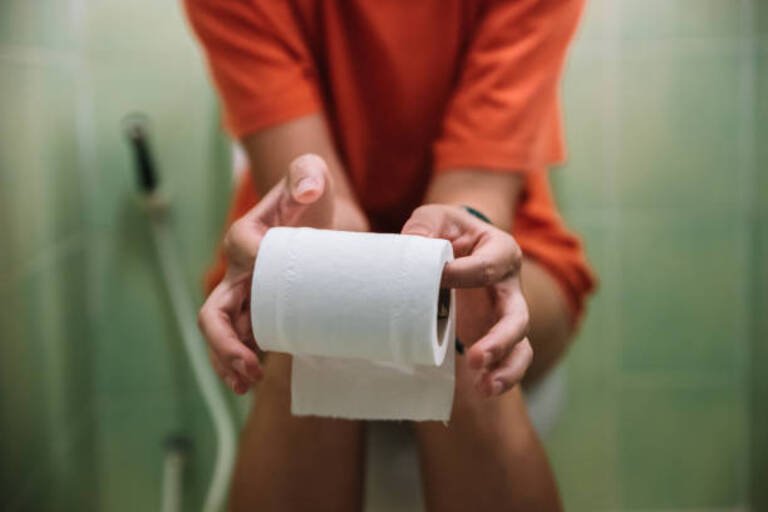A social media discussion has sparked controversy about the widespread belief in “toilet infections,” with medical specialists saying that the term is a misnomer that might mislead people about their health.
On Tuesday, popular health expert Dr. Michael Ajidahun, commonly known as The Bearded Dr. Sina, addressed the myth on X, saying, “I got ‘toilet infection’ from sharing toilets. There is nothing like a toilet infection. People confuse what could be sexually transmitted diseases, UTIs, or PID with a misnomer, ‘toilet infection,’ and then abuse antibiotics.”
His tweet elicited reactions from social media users, including @ado_zuleeyhart, who contended that, while “toilet infection” is not an official medical term, the symptoms described are real.
“‘Toilet infection’ might not be a formal medical term, but the experience people describe with that name is real.
“Shared toilets can harbor bacteria, fungi, and parasites, especially in warm, moist environments with poor cleaning.
“You can pick up infections like Candida or E. coli indirectly, even if it’s rare. The problem isn’t that ‘toilet infection’ doesn’t exist; it’s that it’s poorly understood and often misdiagnosed. People need more education, not dismissal, sir,” he wrote.
In response to such worries, Dr. Sina clarified, “And also saying people confuse something with another means I acknowledge the symptoms exist, but the cause is just wrongly misconstrued, which inadvertently can affect health-seeking behavior.
“The misnomer of toilet infection has led a lot of people to wrongly diagnose themselves, which could be anything. The point is, people should not assume these symptoms are from toilets (which is usually unlikely) and get treatment for the appropriate condition. We need to stop using the wrong terminology to win.”
Health specialists have long highlighted that diseases related to toilets are biologically improbable.
2025 Healthtracka research warns that the concept of a “toilet infection” is a dangerous diversion, stopping people from seeking the correct diagnosis and treatment.
Healthtracka states, “In Nigeria, the term is often used as a self-diagnosis for discomfort such as itching, discharge, or burning while urinating, but these symptoms are almost always caused by other conditions, including sexually transmitted infections (STIs).”
In 2021, renowned Nigerian medical social media celebrity Aproko Doctor weighed in, saying,
“There’s nothing like a ‘toilet infection.’ It’s a misnomer for a group of conditions referred to as vaginitis, which result in itching and vaginal discharge.
“Now there are three main causes of this condition—bacterial vaginosis, candidiasis, and trichomoniasis—none of which is gotten from the toilet.”
Medical authorities have revealed that the assumption that illnesses transmit through toilet seats is primarily a myth.
According to Medscape and Wikipedia, “Pathogen (bacteria) survival on dry surfaces such as toilet seats is minimal and not a proven route of infection transmission. The primary vector for these infections involves transfer from the body’s own microbiota or through sexual contact, not contact with toilet surfaces.”
Medical authorities have revealed that the assumption that illnesses transmit through toilet seats is primarily a myth.
The Cleveland Clinic and other health experts urge basic personal hygiene, safe sexual behaviors, regular bathroom usage, and timely medical treatment as the most effective ways to avoid and manage these diseases.
Experts believe that the assumption that illnesses transmit through toilet seats is primarily a fallacy, scientifically incorrect, and contributes to antibiotic misdiagnosis and misuse.
Nature Reviews and other scientists have stated, “Infections alleged to come from toilets are biologically implausible, as pathogens responsible for these infections do not thrive or transmit effectively via toilet surfaces.”










